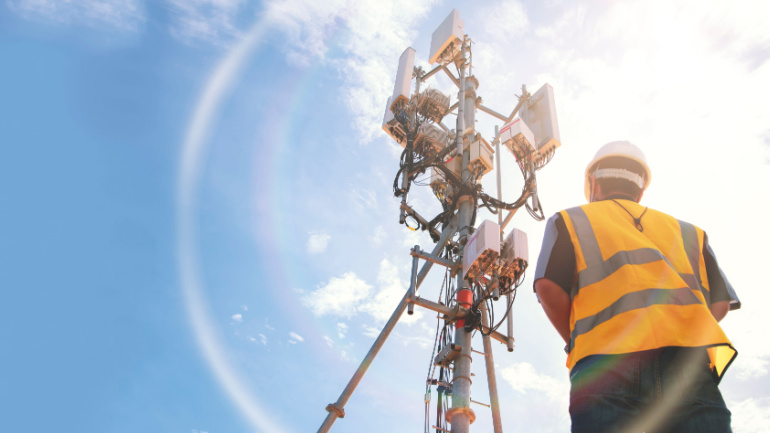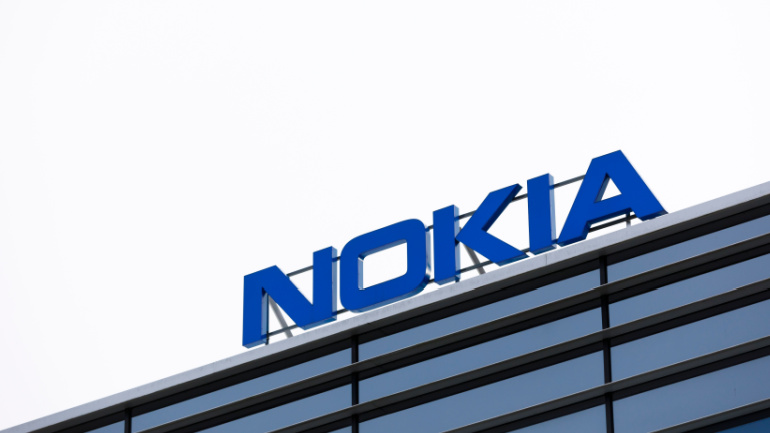Exploring fresh avenues in cybersecurity alliances, Ukraine and Romania envision bolstering digital frontline with an impactful pact. The focus pivots around supercharging cybersecurity, enabling 5G technology, and rehabilitating Ukraine’s connectivity infrastructures in light of recent cyber breaches. Spearheading distinctive initiatives, the collaboration plans to fortify national networks, establish a cloud-based public e-service platform and popularize 5G technology across Ukraine.
In a strategic move aimed at bolstering Norway’s space capabilities, Telenor Norway has successfully concluded the sale of its satellite business to Space Norway for a staggering NOK 2.36 billion ($228 million). The transaction, which received approval from the Norwegian Parliament just before Christmas, marks a significant shift in ownership of Telenor Satellite, a leading European provider of satellite TV broadcast and VSAT data communications services for maritime and land-based sectors.
In a groundbreaking move, T-Mobile, known as the Un-carrier, has achieved a significant milestone by completing the world’s first six-carrier aggregation call using sub-6 GHz spectrum on its operational 5G network. Collaborating with industry leaders Ericsson and Qualcomm Technologies, Inc., T-Mobile reported astonishing speeds exceeding 3.6 Gbps during the test, showcasing its commitment to pushing the boundaries of wireless technology.
In a groundbreaking collaboration, T-Mobile US and SpaceX are gearing up for the field testing of Starlink satellites, heralding a significant stride in eliminating mobile coverage dead zones. While the exact date for the commencement of field testing remains undisclosed, T-Mobile is optimistic about its imminent initiation, stating that the low-Earth orbit deployment of satellites sets the stage for the forthcoming trials.
Hyundai Motor and Kia are revolutionizing the amalgamation of mobility and living spaces by proposing the consolidation of home and car services. Assisting in this groundbreaking initiative is Samsung Electronics, providing the potential to transform our relationship between home and car via ‘Car-to-Home’ and ‘Home-to-Car’ services. This change promises remote control over various appliances through voice commands, as well as the ability to monitor and manipulate vehicle functions from home.
In a strategic move to gain a foothold in India’s expanding telecommunications market, Elon Musk’s satellite communications constellation, Starlink, is reportedly considering a stake in Vodafone Idea (Vi). As of 2024, Starlink boasts a constellation of over 5,500 low Earth orbit (LEO) satellites, providing commercial services in more than 60 countries to approximately 1.5 million subscribers.
Unveiling a concerning revelation in the telecommunications network, inside sources disclose that a vast number of personnel are bypassing “whereabouts rules”, exposing client companies to potential cyber threats. Learn about the delicate balance between accountability and security as we explore the disquieting trend and potential remedies within this intricate reality.
In a significant development, the National Telecommunications and Information Administration (NTIA) has released updated guidelines for the $42.5 billion Broadband Equity, Access, and Deployment (BEAD) program. The revised framework, known as Uniform Guidance, outlines rules and requirements for federal financial assistance awards and subawards, aiming to enhance the efficiency of the grant management process.
In a groundbreaking shift, artificial intelligence (AI) is revolutionizing material discovery, unlocking new possibilities in renewable energy, semiconductors, and pharmaceuticals. GlobalData, a prominent data and analytics firm, asserts that AI is spearheading a transformative era in research and development, dismantling traditional barriers and fueling unprecedented advancements in material science.
Amid challenging market conditions, Nokia emphasizes preserving patent portfolio value over timelines. Despite an optimistic outlook, their declining Q3 net sales and plans to curtail costs speak volumes. Nokia’s pivotal contracts loss to Ericsson hits hard, showcasing the constant flux in the telcos sphere.













